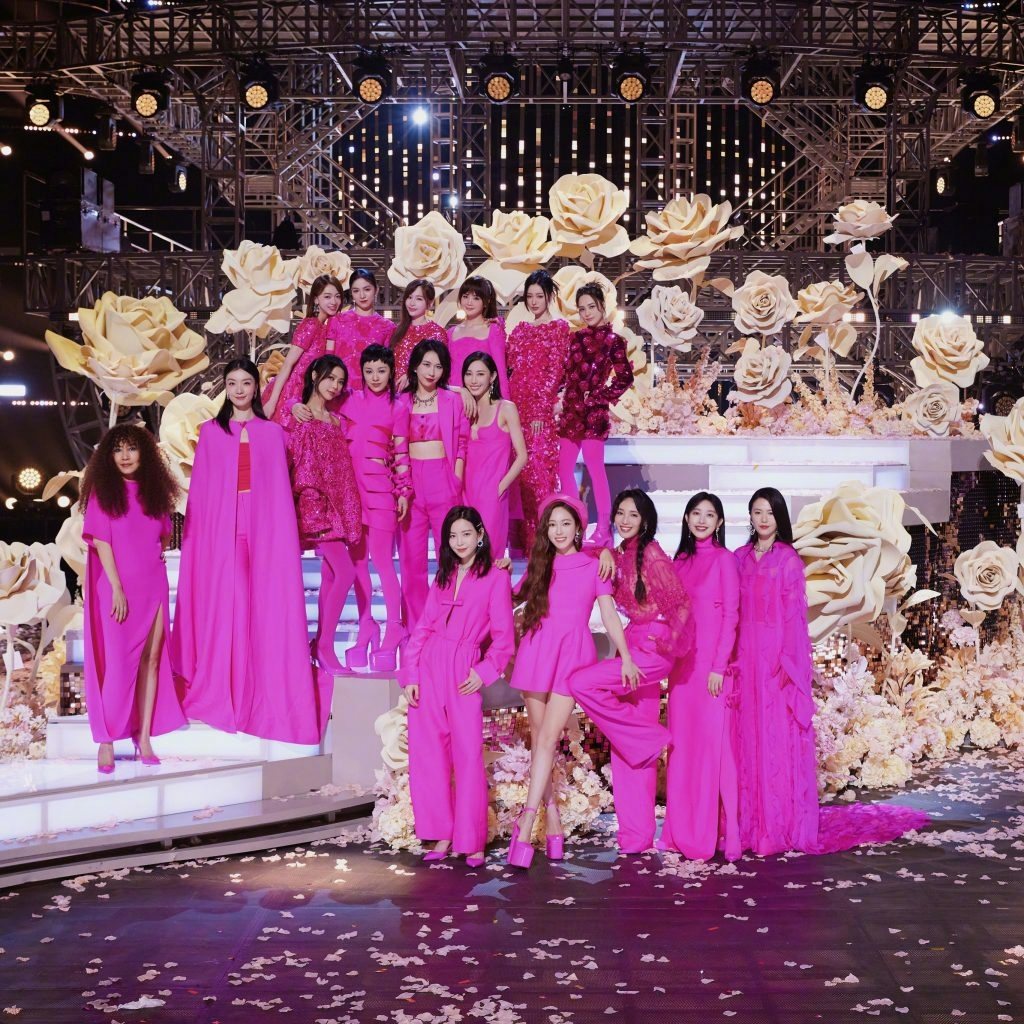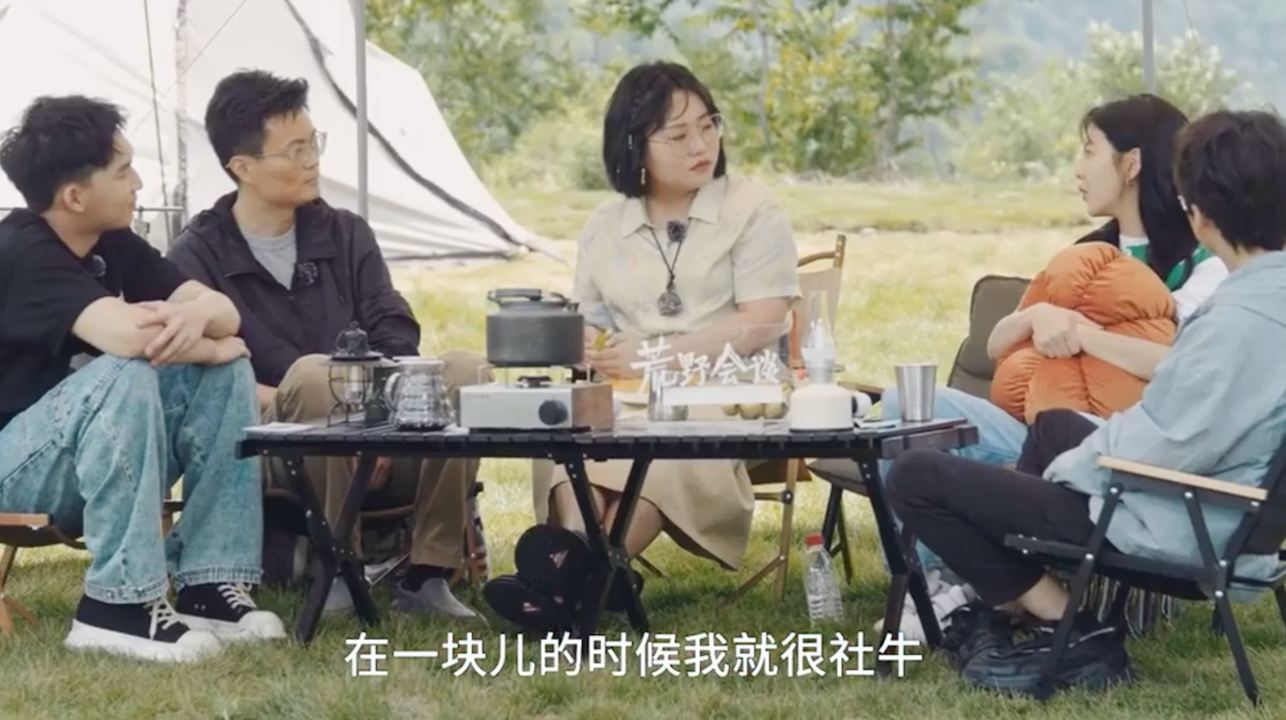With China’s crackdown on badly behaved celebrities (and their devoted fans) showing no sign of stopping, and government regulators keeping close tabs on brands’ marketing and advertising efforts, luxury brands face a rapidly changing market where the old way of doing business simply won’t work any longer.
This isn’t just reflected in how brands need to spread their message in China — especially to reach the increasingly important Gen Z demographic — but also where. Over the past few years, some of the more adventurous global brands active in mainland China have turned to program sponsorships and integrations as an effective way to get in front of young audiences.
This was first evident on major streaming sites like iQiyi, Tencent Video, and Mango TV. Idol competition programs like The Rap of China and Sisters Who Make Waves attracted millions of viewers along with sponsors like Valentino and Absolut vodka — and gave brands like Burberry and Supreme valuable unpaid screen time. Yet over the past year, young audiences and sponsors alike have increasingly turned to short video platforms like Douyin and Bilibili to get their entertainment fix in bite-sized pieces, providing new opportunities for brands to get in on popular content trends both earlier and cheaper.

This year, short video platforms have rolled out new programs in rapid-fire succession, looking for the next program concept that will stick. Considering Beijing regulators essentially put the kibosh on idol competition shows last year, we’ve seen a rash of relatively vanilla reality and variety shows hit the (very) small screen, with Bilibili arguably leading the way. Over the past year, Bilibili has pumped out dozens of reality programs, among them 90s Dating Agency (90婚介所2022), the college graduation series The Way We Were (第四个夏天), and the Gen Z art competition Crazy Artist (疯狂艺术家).
Yet one of the more interesting variations on this theme is led not by Bilibili, Douyin, or Kuaishou but by Zhihu. Better known as a sort of Quora-meets-Reddit, Zhihu recently took its first step into entertainment via three “micro variety shows” (微综艺席). The programs are squarely aimed at Gen Z viewers with short attention spans, centered around some of the most popular themes in China right now: talk shows, documentaries, and reality shows. Wild Talk (荒野会谈), for example, brings together a group of young people for laidback chats in the wilderness, effortlessly leveraging China’s red-hot outdoor leisure trend. Meanwhile, The Career I Long For (我所向往的职业啊) and Goodbye, My Failed Gaokao! (我的高考笑忘书) take a more documentary approach, respectively focusing on careers and China’s notoriously difficult college entrance exam.

Though new, the shows have attracted headlines due to their relaxed style and pacing, lack of gimmicks, and casting of “real” people rather than celebrities or KOLs — with the exception of Zhihu personalities like Li Songwei, who appears on Wild Talks (which has been favorably compared to the Bilibili series Informal Talks).
Short, themed programs in themselves might not be groundbreaking, but where this story gets interesting is in the depth of data Zhihu has at its disposal to create new programs (and therefore present sponsorship or product placement opportunities for brands). Based on the questions most commonly asked and answered on its platform, Zhihu has its finger on the pulse of what young demographics care the most about at any given time. As such, its first three program topics are a no-brainer; career and gaokao anxiety is evergreen, while millions of young Chinese now dream of reconnecting with nature (and one other) after nearly three years of COVID restrictions. For a brand, Zhihu’s understanding of what its users care about and want to watch at any time makes for a compelling brand sponsorship selling point.
From the looks of it, the lift for Zhihu in terms of cost and effort has been minimal, indicating the platform is dipping its toe into short video content creation by outsourcing production and solely casting personalities from within the Zhihu sphere, for now at least. And while the first shows recorded relatively modest (for China) viewership — The Career I Long For led the way with 52 million views, followed by Wild Talks with nearly 44 million — Zhihu seems to be taking the long view, understanding that its core users need time to adjust to this type of format.
So while micro variety shows may be an untested field for luxury brands, it could be the next one to try out, if only to reach some of Zhihu’s 106 million monthly active users.

